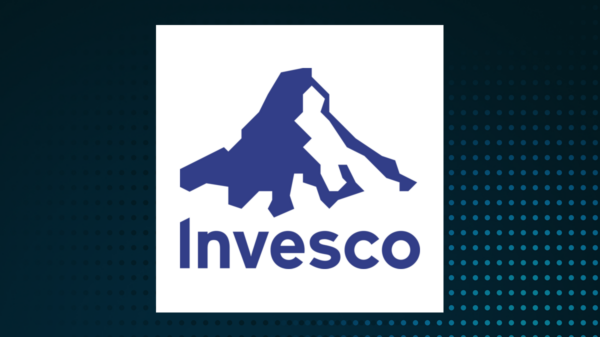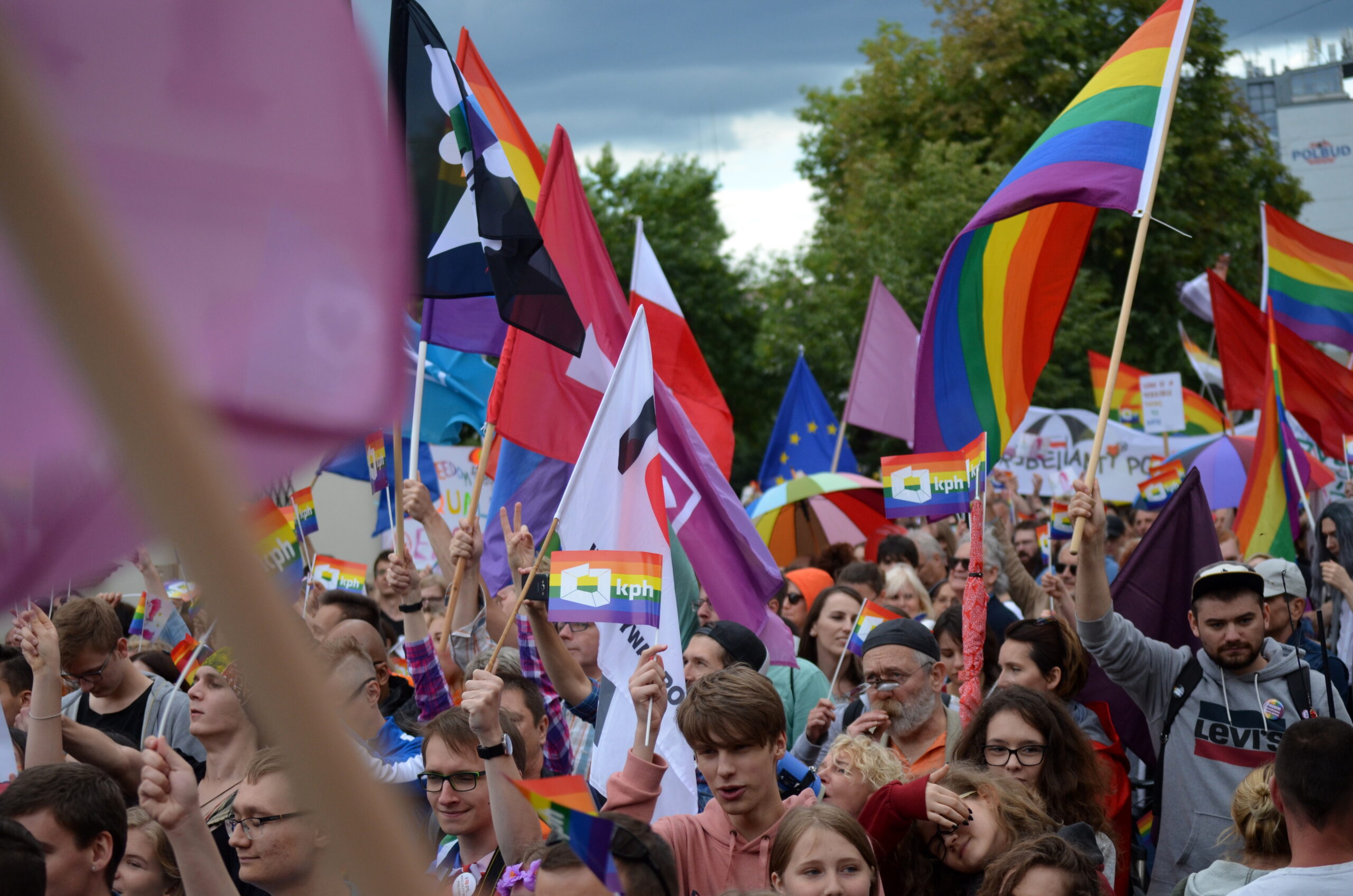A report released by Amnesty International on Monday indicates that X (formerly Twitter) has facilitated technology-facilitated gender-based violence (TfGBV) against the LGBTQ+ community in Poland. The findings suggest that changes made by Elon Musk after acquiring the platform have contributed to a significant increase in harmful content directed at LGBTQ+ individuals.
Following Musk’s acquisition, X reportedly relaxed its Community Guidelines, allowing a surge of content constituting TfGBV. Amnesty International has called for “urgent, wide-ranging reforms” to address this issue. Alia Al Ghussain, a researcher and advisor on technology and human rights at Amnesty, stated that “through inadequate content moderation practices and a lack of human rights due diligence, X has contributed to human rights abuses against members of Poland’s LGBTI community.”
The organization’s research revealed that homophobic and transphobic content is particularly prevalent among accounts linked to politicians who do not support LGBTQ+ rights. The platform’s algorithm, which determines what content appears in users’ feeds, prioritizes engagement, promoting posts that attract interactions. This mechanism has inadvertently enabled a hostile environment for LGBTQ+ individuals.
Amnesty International has described X’s business model as “surveillance-based,” reliant on intrusive data collection for targeted advertising. The report highlights a severe lack of resources for content moderation in Polish. Currently, only two Polish-speaking moderators are tasked with overseeing content for 37.45 million people, including over 5.33 million X users. This disparity has led to inadequate responses to TfGBV incidents, contributing to a platform “awash with hateful content” against LGBTQ+ individuals.
Compliance with European Regulations Questioned
The report raises concerns regarding X’s adherence to European regulations, specifically the Digital Services Act (DSA). Article 34(1) of the DSA mandates that providers of Very Large Online Platforms (VLOPs) must diligently identify and assess systemic risks associated with their services, including those related to human rights. The article emphasizes the necessity of considering whether any fundamental rights, as outlined by the Charter of Fundamental Rights of the European Union (CFREU), are at risk. These rights include human dignity, the right to family life, freedom of expression, and non-discrimination.
Amnesty International asserts that X has compromised the ability of LGBTQ+ individuals in Poland to express themselves freely, live without discrimination, and feel safe within society. The European Commission has previously initiated investigations into X’s compliance with the DSA, particularly focusing on the platform’s ability to address the risks of TfGBV. In December 2023, the Commission required X to implement reforms to its recommender system by January 2025.
As the landscape of social media continues to evolve, the implications of X’s policies and practices on vulnerable communities remain critical. Amnesty International’s findings serve as a stark reminder of the responsibilities that come with operating such influential platforms, emphasizing the urgent need for reform to protect the rights and safety of marginalized groups.








































































